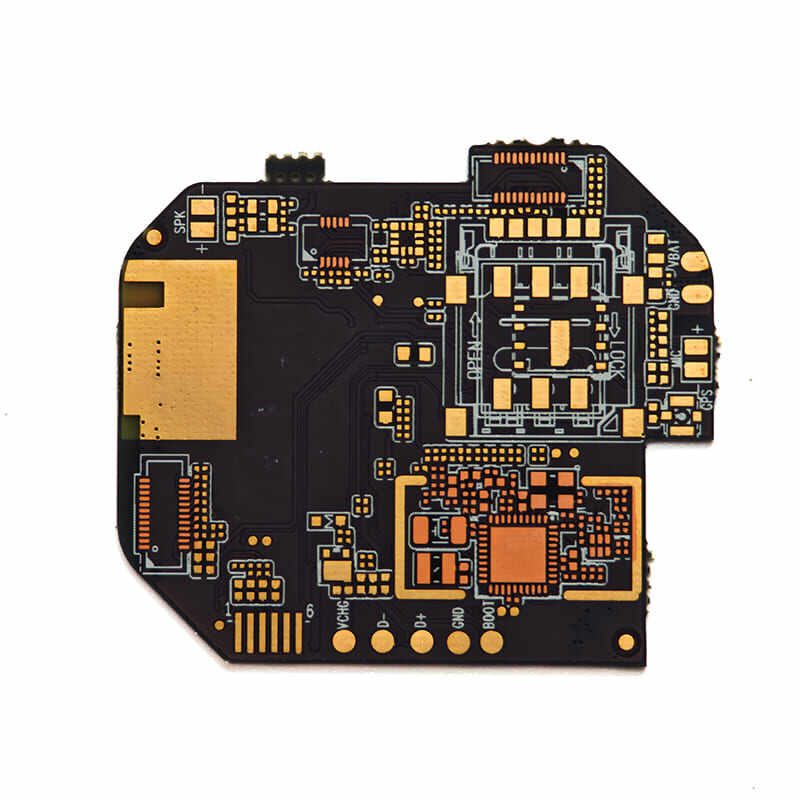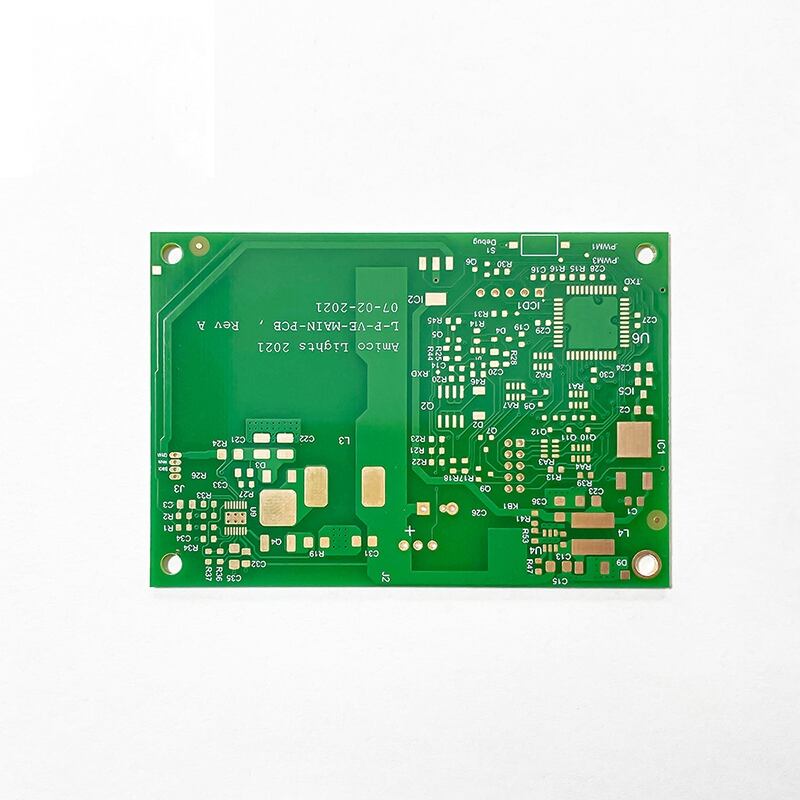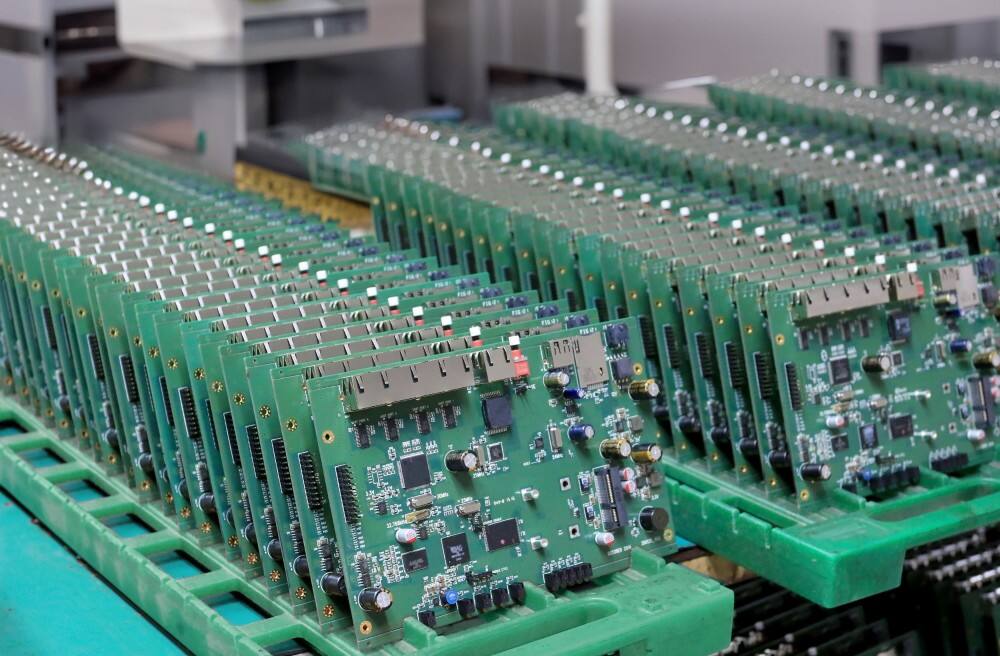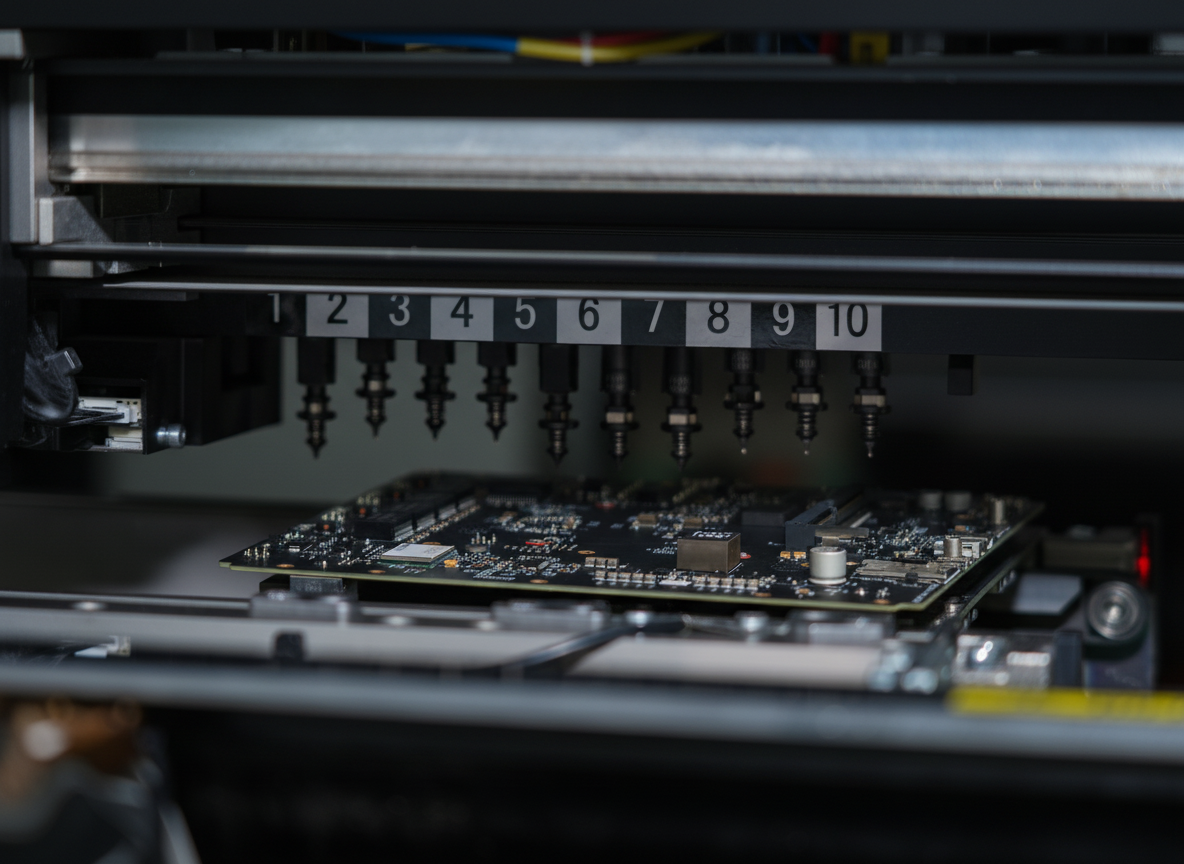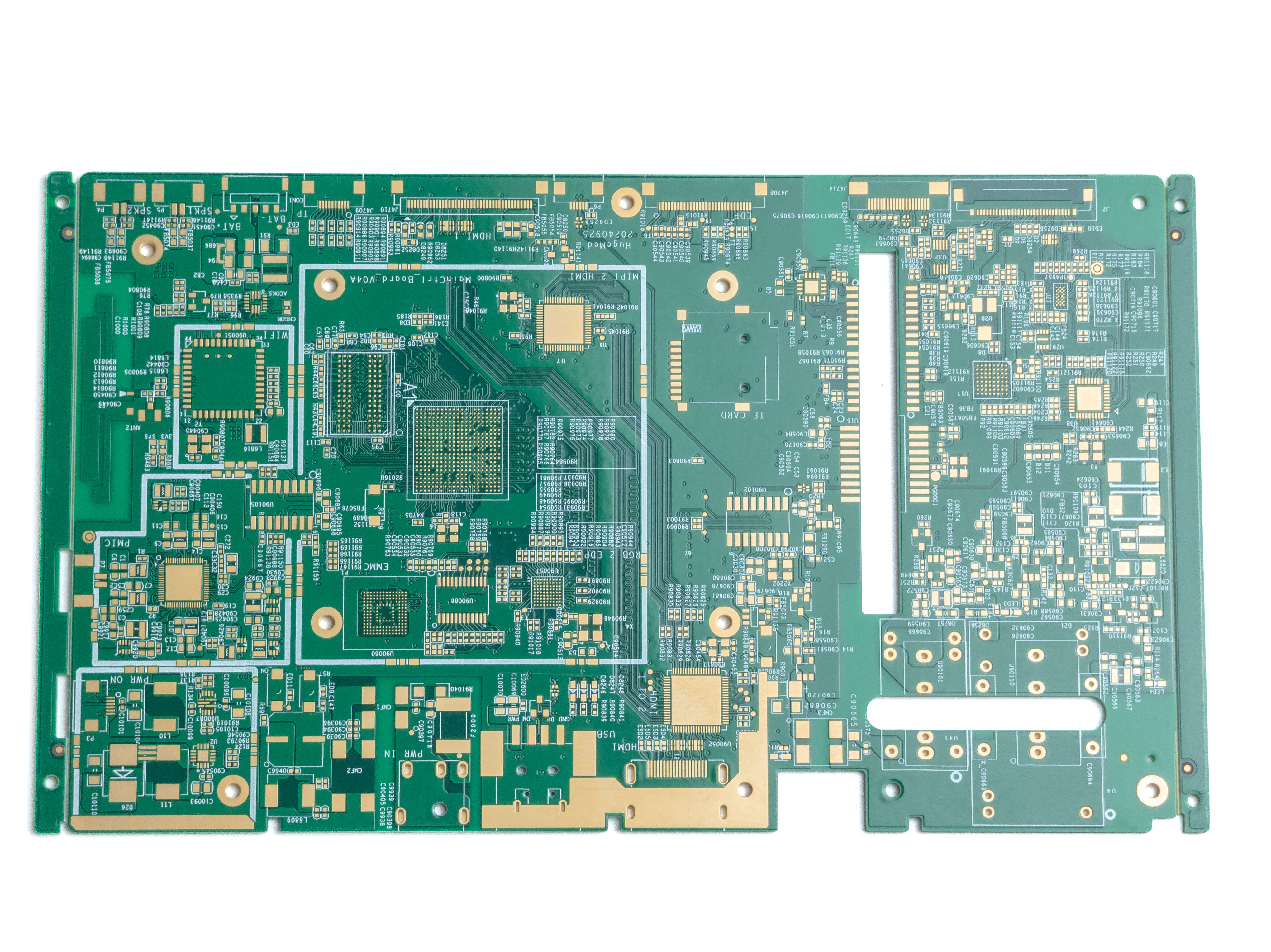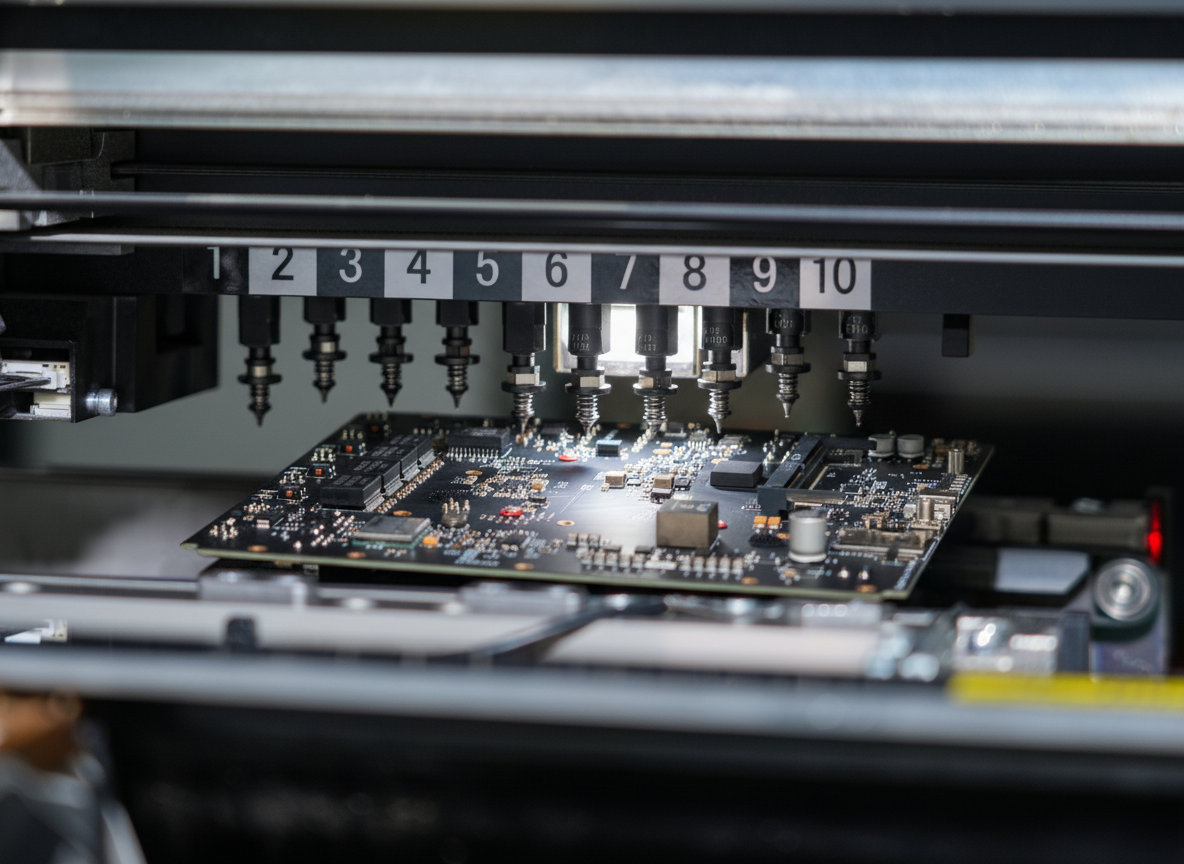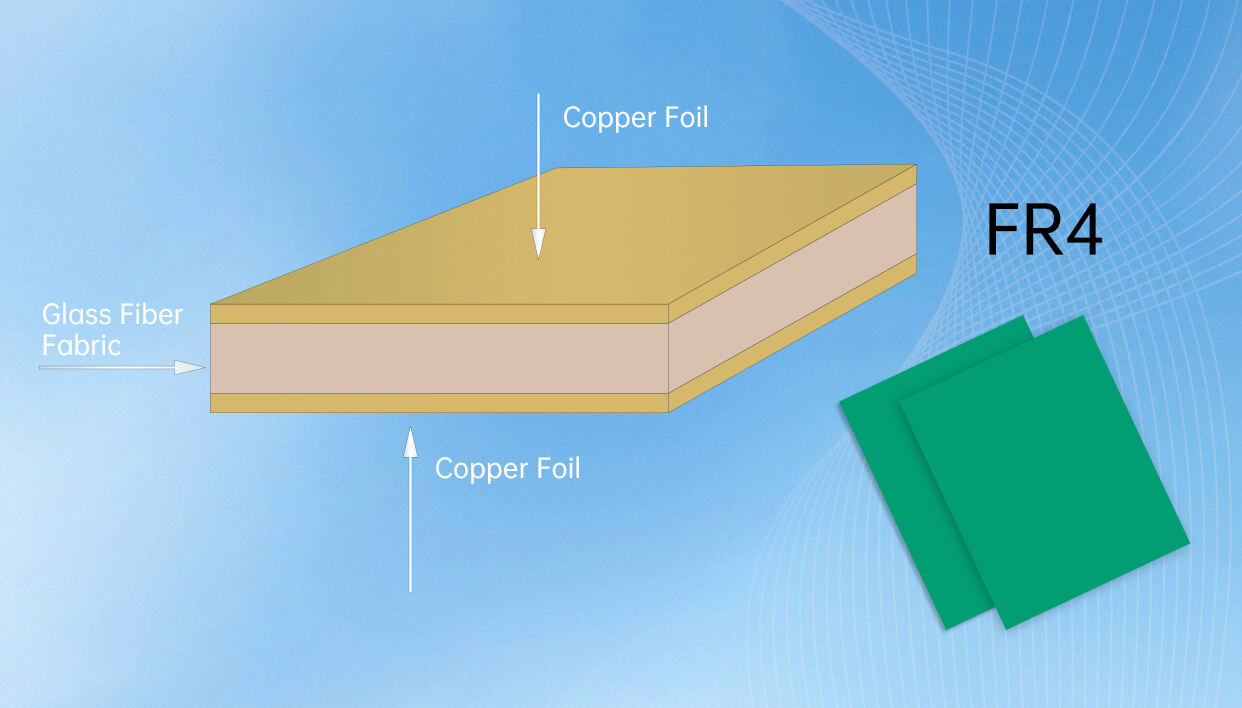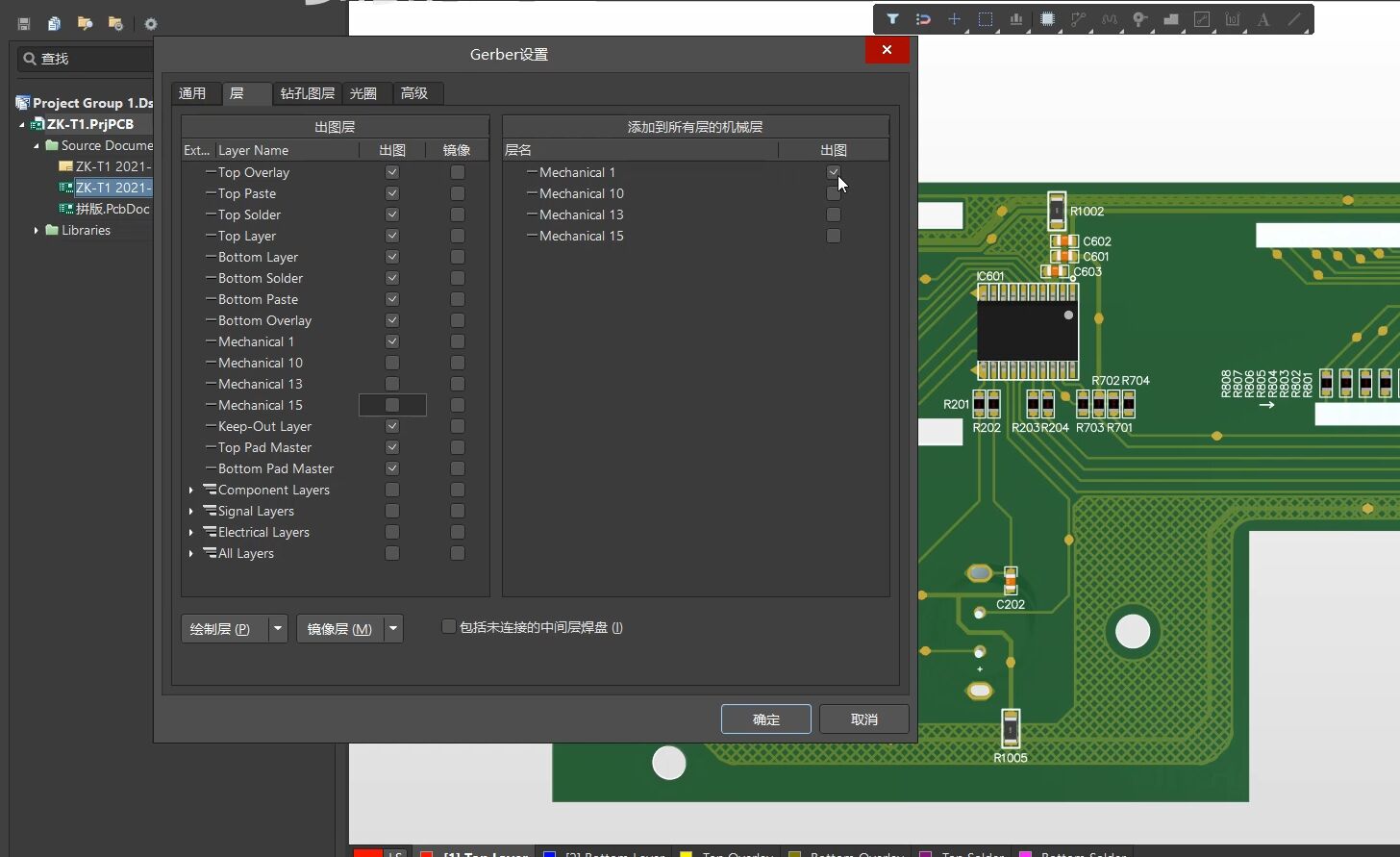polyimide pcb
Polyimide PCBs represent a significant advancement in printed circuit board technology, specifically engineered to meet the demanding requirements of high-performance electronic applications. These specialized circuit boards are constructed using polyimide, a high-temperature resistant polymer that serves as the base material. The defining characteristic of polyimide PCBs is their exceptional thermal stability, capable of withstanding temperatures ranging from -269°C to 400°C, making them ideal for extreme environment applications. The material's inherent flexibility allows these boards to be bent, twisted, or folded without compromising their electrical or mechanical integrity. Polyimide PCBs feature excellent dimensional stability, superior chemical resistance, and remarkable electrical properties that remain consistent across a wide range of temperatures. These boards are typically manufactured in thin layers, often as thin as 0.025mm, while maintaining robust mechanical strength. Their ability to withstand repeated thermal cycling makes them particularly valuable in aerospace, automotive, and medical device applications. The manufacturing process involves specialized techniques that ensure precise layer alignment and consistent electrical performance. These boards can be produced in both rigid and flexible configurations, offering designers unprecedented freedom in creating complex electronic assemblies that must operate reliably in challenging environments.

